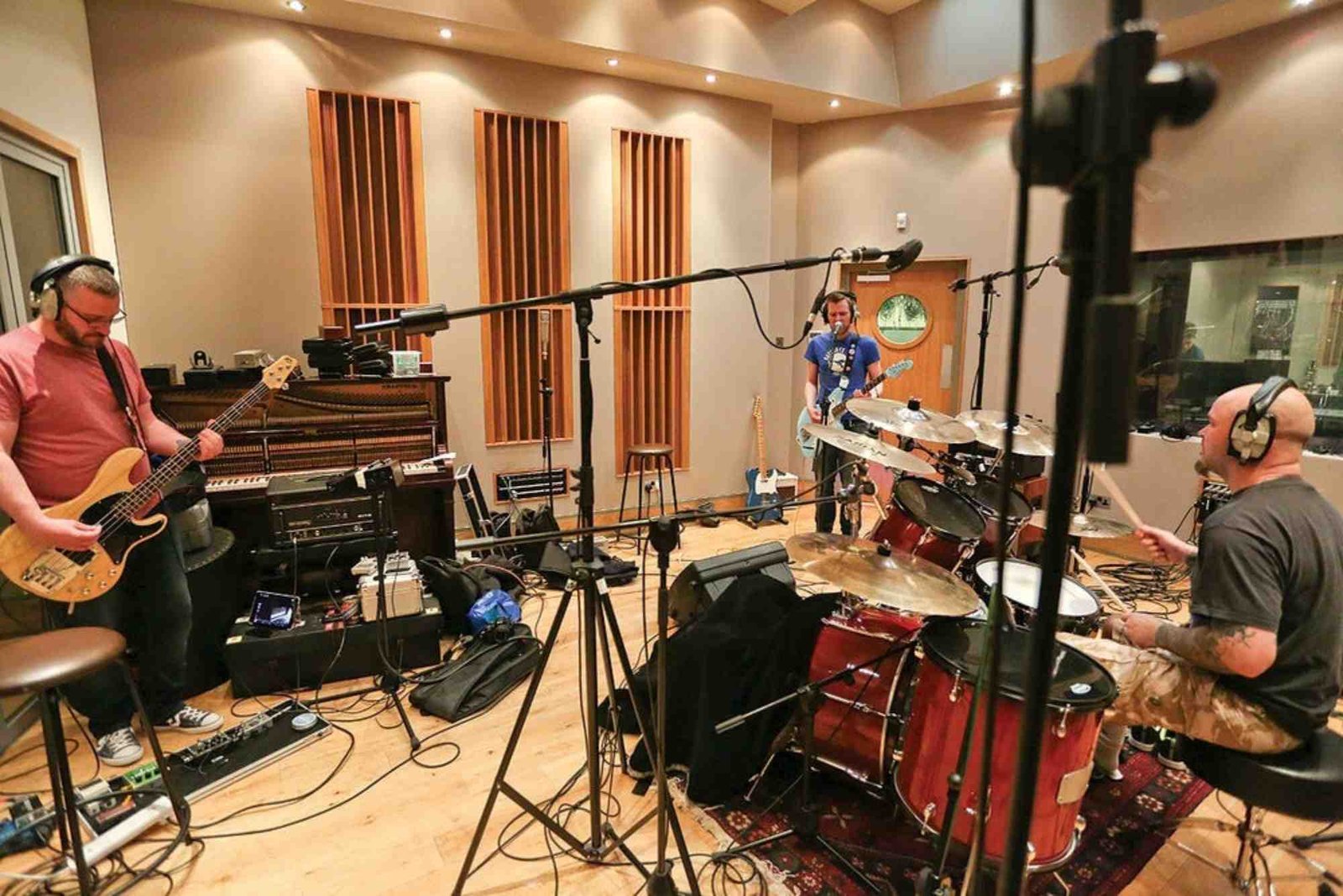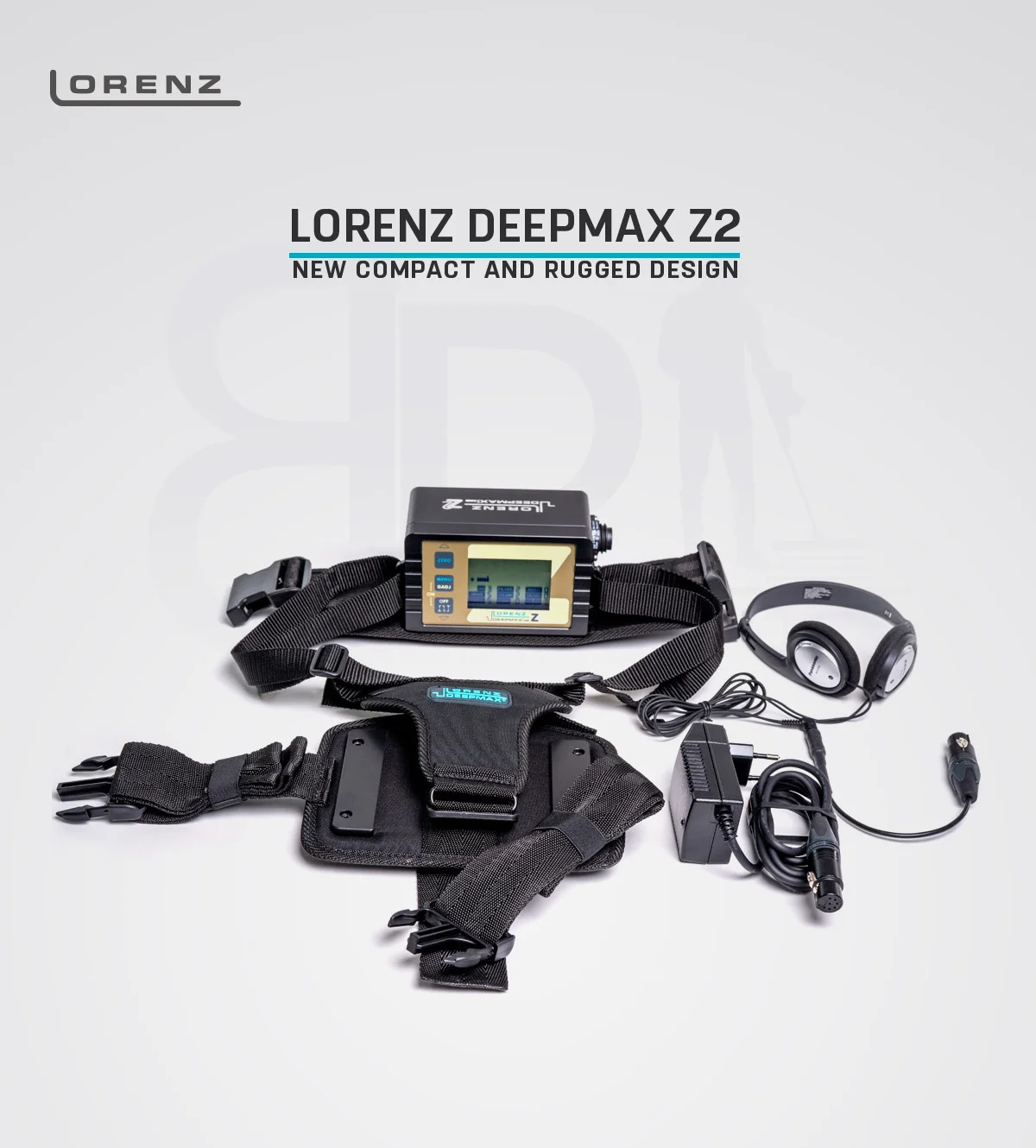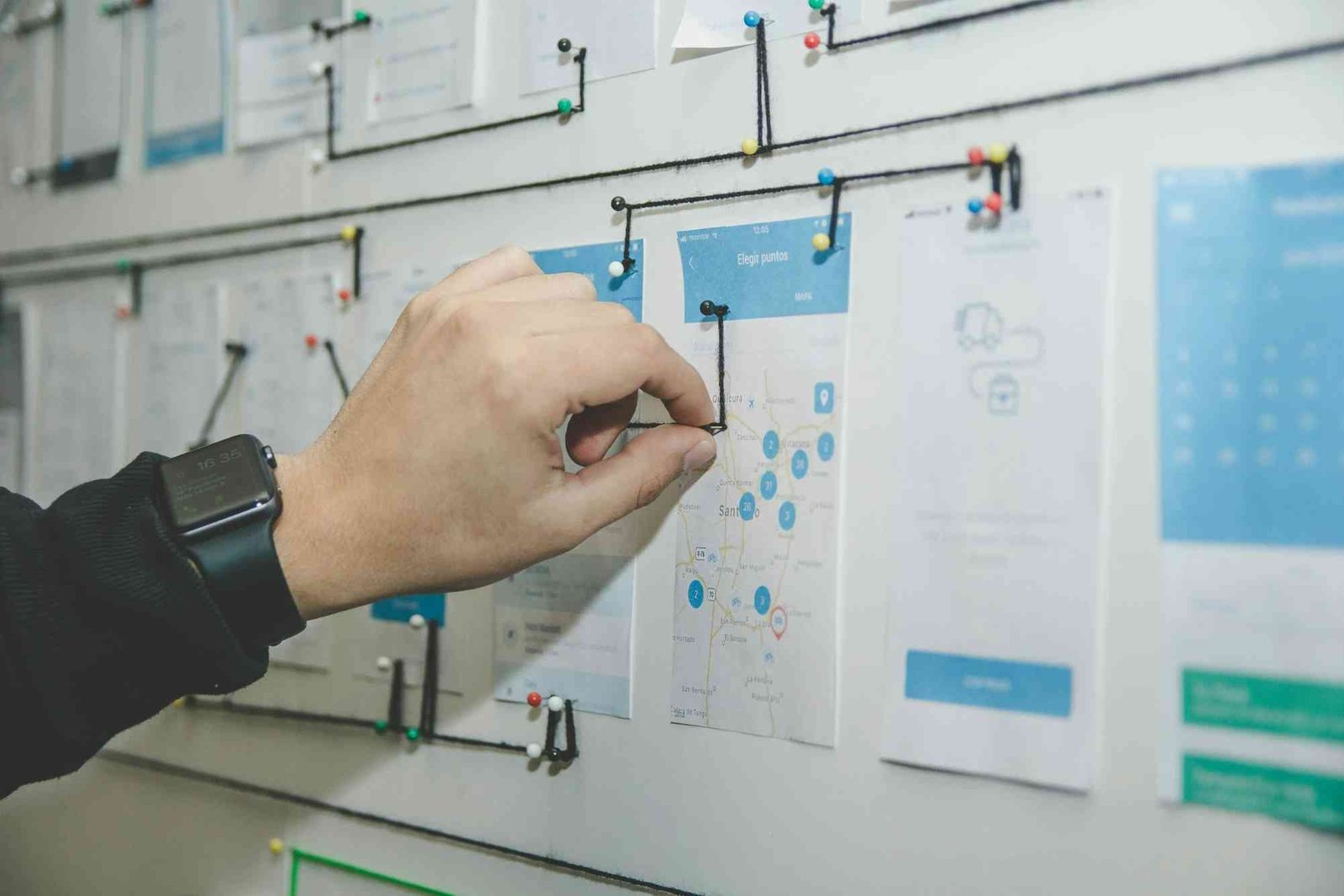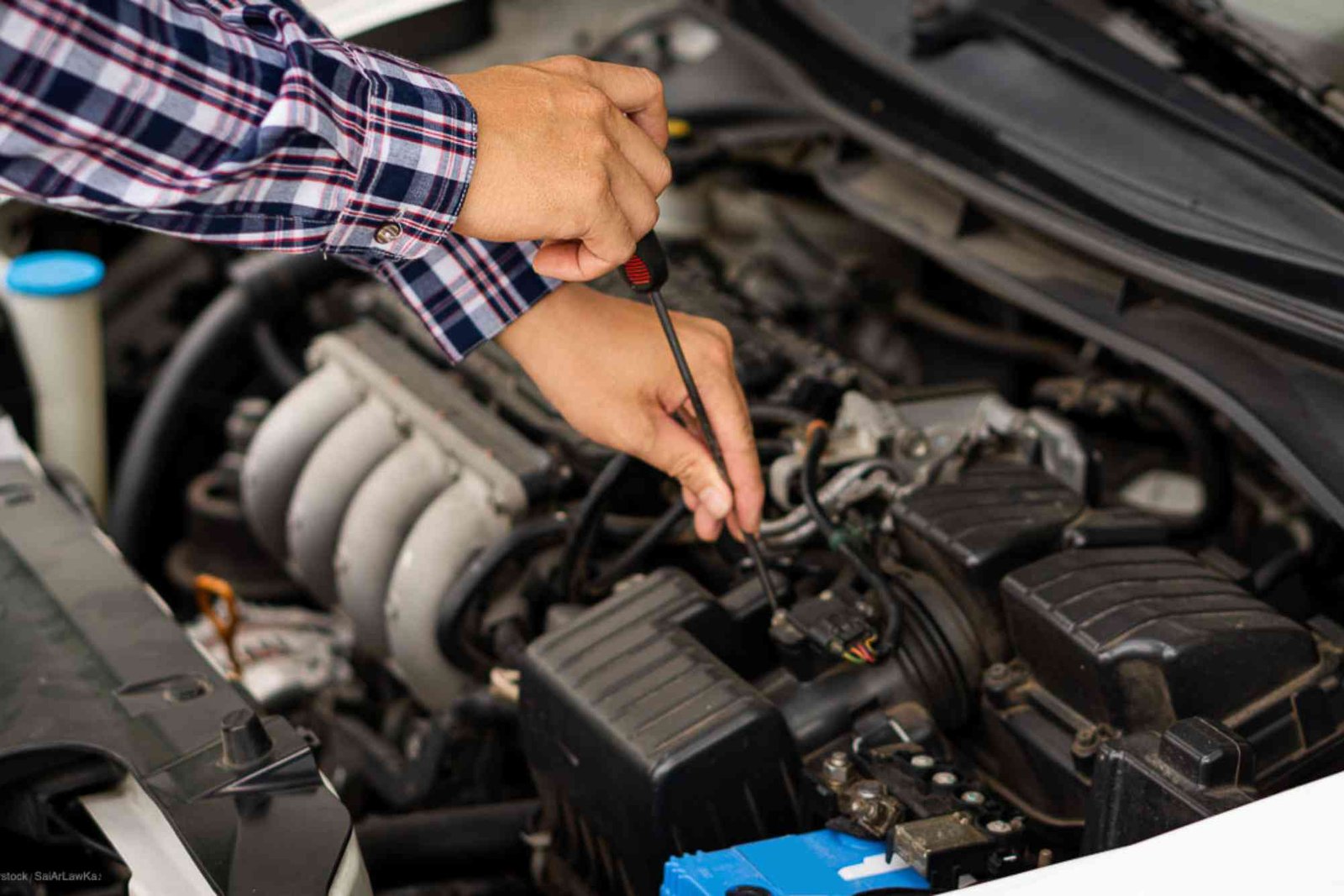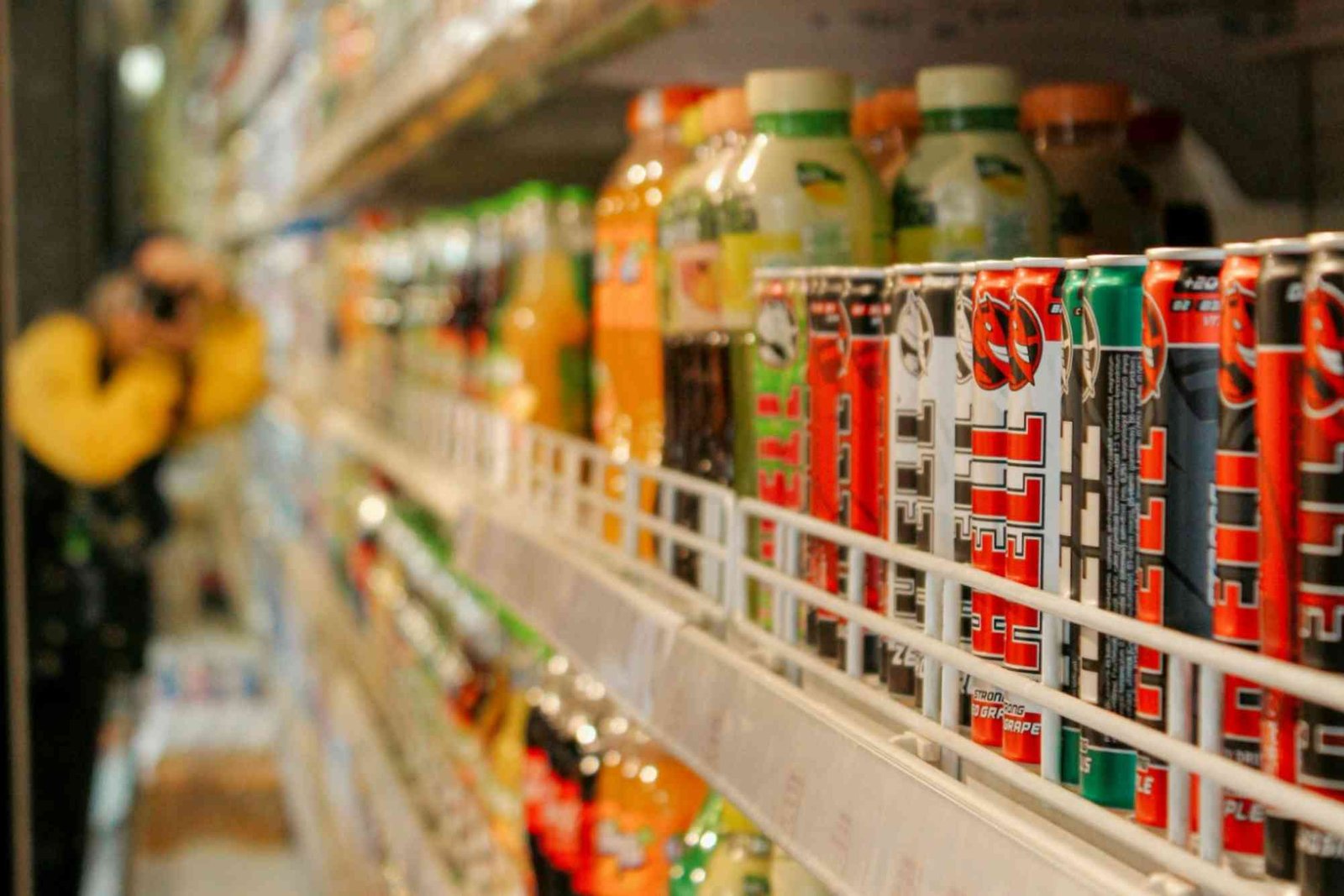Introduction
Many pet owners often ask the same question when their curious dog sneaks a bite from the cat’s bowl — is cat food safe for dogs? The short answer is no, cat food isn’t toxic to dogs, but it’s also not healthy or recommended as part of their diet. Understanding the differences between dog and cat nutrition can help you protect your dog’s health and avoid digestive or long-term issues.
In this comprehensive guide, we’ll explore what happens when dogs eat cat food, why it’s not suitable for them, the risks involved, and what to do if it happens accidentally.
Understanding the Difference Between Dog and Cat Food
To understand why cat food isn’t ideal for dogs, it helps to know how dogs and cats differ in their dietary needs. Dogs are omnivores, which means they can eat both plant-based and meat-based foods. Their digestive systems are designed to handle a balanced diet of proteins, carbohydrates, and fats.
Cats, on the other hand, are obligate carnivores. They need animal protein to survive and can’t thrive on a plant-based diet. Because of this, cat food is formulated to be much higher in protein and fat than dog food, often lacking the carbohydrates and fiber that dogs need.
Nutritional Differences
-
Protein Levels: Cat food has around 30–40% protein, while dog food typically has 18–25%.
-
Fat Content: Cat food contains higher fat to provide energy for cats’ fast metabolism.
-
Taurine: Essential for cats but unnecessary for dogs, taurine is added to all cat food formulas.
-
Vitamin A and Arachidonic Acid: Cats require these nutrients directly from food, while dogs can produce them internally.
This fundamental difference in nutrition explains why feeding your dog cat food regularly can lead to serious health imbalances.
What Happens If a Dog Eats Cat Food
If your dog happens to eat a small amount of cat food, don’t panic. A few bites usually won’t cause harm. However, problems arise when it becomes a habit.
Cat food is too rich for a dog’s digestive system, and over time it can lead to:
-
Stomach Upset: Vomiting, diarrhea, and gas are common after overeating cat food.
-
Pancreatitis: The high fat content may inflame the pancreas, a painful and potentially dangerous condition.
-
Obesity: Regular consumption can cause rapid weight gain and related issues.
-
Nutrient Imbalance: Dogs miss essential fiber and certain vitamins that are lacking in cat food.
So, while a single snack from the cat’s bowl isn’t dangerous, making it a routine could harm your dog’s long-term health.
Why Dogs Love Cat Food
Dogs are naturally drawn to cat food because it smells and tastes stronger than their own. Cat food contains more animal fats and proteins, giving it a richer aroma and flavor. From a dog’s perspective, it’s like getting a high-protein treat — irresistible, but not necessarily good for them.
Even though it might seem cute or harmless, giving in to this behavior reinforces bad eating habits. Dogs might start refusing their own food in hopes of getting the cat’s instead.
Can Dogs Eat Cat Food in an Emergency?
If you ever run out of dog food and wonder whether your dog can have cat food for one meal, the answer is — only occasionally. Feeding cat food in an emergency won’t harm most healthy dogs, but it shouldn’t become routine.
For instance, if you’ve run out of dog food for the night, giving a small portion of cat food is acceptable until you can restock. Just make sure to return to a proper dog diet as soon as possible.
If you want to know more about this situation, read our detailed post — Can Dogs Eat Cat Food — for complete guidance on what’s safe and what to avoid.
Health Risks of Feeding Cat Food to Dogs
Digestive Issues
The most common issue is an upset stomach. Because of the richer formula, cat food can be too heavy on a dog’s digestive system. You might notice diarrhea, bloating, or vomiting soon after consumption.
Pancreatitis
High-fat cat food can trigger pancreatitis, especially in smaller or sensitive breeds. Signs include vomiting, weakness, abdominal pain, and loss of appetite. If these symptoms appear, contact a vet immediately.
Weight Gain and Obesity
Since cat food is calorie-dense, dogs that eat it regularly consume far more calories than they need. This can lead to obesity, joint strain, and cardiovascular problems.
Kidney and Liver Strain
Excess protein over time can stress your dog’s kidneys and liver. These organs have to work harder to process the surplus nutrients, potentially leading to long-term organ damage in older dogs.
What to Do If Your Dog Eats Cat Food
If your dog accidentally eats cat food once, don’t worry. Monitor them for signs of digestive upset. Make sure they have plenty of water and avoid giving them any more cat food.
If your dog has eaten a large quantity or shows symptoms like vomiting or diarrhea, it’s best to call your veterinarian. They might recommend a bland diet for a few days to settle the stomach.
For dogs with medical conditions like pancreatitis or allergies, any cat food ingestion should be reported to your vet immediately.
How to Prevent Your Dog From Eating Cat Food
Keeping your dog away from cat food may require a bit of strategy, especially in multi-pet households.
Feed Separately
Feed your cat and dog in different rooms or at different times. This prevents your dog from sneaking into the cat’s bowl.
Use Feeding Stations
Elevate your cat’s food bowl on a counter or shelf where your dog can’t reach. Cats are natural climbers, but dogs typically aren’t.
Store Food Securely
Keep cat food bags sealed and out of reach. Dogs can easily tear through packaging if they catch a scent.
Train “Leave It” Command
Teaching your dog basic commands like “leave it” can be a game-changer. It helps discourage stealing food or exploring the cat’s feeding area.
Safe Alternatives for Dogs
If your dog is drawn to cat food because of its rich flavor, try giving them high-quality dog treats or foods with a bit more protein. Some brands offer formulas designed for picky eaters that mimic the savory taste of cat food without compromising nutrition.
You can also add a spoonful of plain boiled chicken or turkey to your dog’s meal to make it more appealing while keeping it healthy.
When to See a Vet
If your dog eats cat food frequently or shows signs of illness — such as vomiting, lethargy, or loss of appetite — contact your veterinarian. They can check for any underlying digestive issues and suggest a dietary plan to restore balance.
In severe cases, your vet might perform blood work to ensure your dog’s liver, kidneys, and pancreas are functioning normally.
Related Food article
If you enjoy learning about pet-safe and unsafe foods, check out our Related Food article for more fascinating insights into what’s safe to consume and what to avoid.
Expert Tips for Pet Owners
-
Always feed dogs and cats separately.
-
Keep both pet foods clearly labeled.
-
Choose high-quality dog food suitable for your dog’s age and size.
-
Use puzzle feeders to keep your dog mentally stimulated, reducing food-stealing behavior.
-
Regularly consult your vet to ensure your dog’s diet meets their needs.
By being proactive, you can maintain both pets’ health and prevent unnecessary vet visits.
So, is cat food safe for dogs? Occasionally, yes — but not as a regular diet. Cat food is too rich in protein and fat, which can harm dogs’ digestive systems and organs over time. A few bites now and then aren’t dangerous, but feeding it regularly can lead to serious health complications.
Always keep cat and dog foods separate, and provide your pets with the right nutrition for their species. If you’re ever unsure about what’s safe, it’s best to consult your vet.
For more helpful pet-care insights and responsible feeding advice, Learn more about nutrition and safety from trusted sources.
FAQs
What happens if my dog eats cat food once?
Nothing serious. Most dogs will be fine after a small amount, but monitor for any stomach upset.
Can cat food make my dog sick?
Yes, especially if eaten in large quantities or over time. It can cause vomiting, diarrhea, or pancreatitis.
Is wet cat food worse than dry cat food for dogs?
Wet cat food is richer in fat and protein, which may upset a dog’s stomach faster than dry cat food.
Can puppies eat cat food?
No. Puppies need balanced nutrients for growth, and cat food can overload them with protein and fat.
How can I stop my dog from eating the cat’s food?
Feed them separately, use elevated feeding spots, and train your dog to obey commands like “leave it.”

